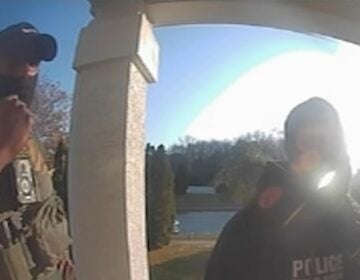The American media honored Charlie Hebdo by stealing cartoonists’ work
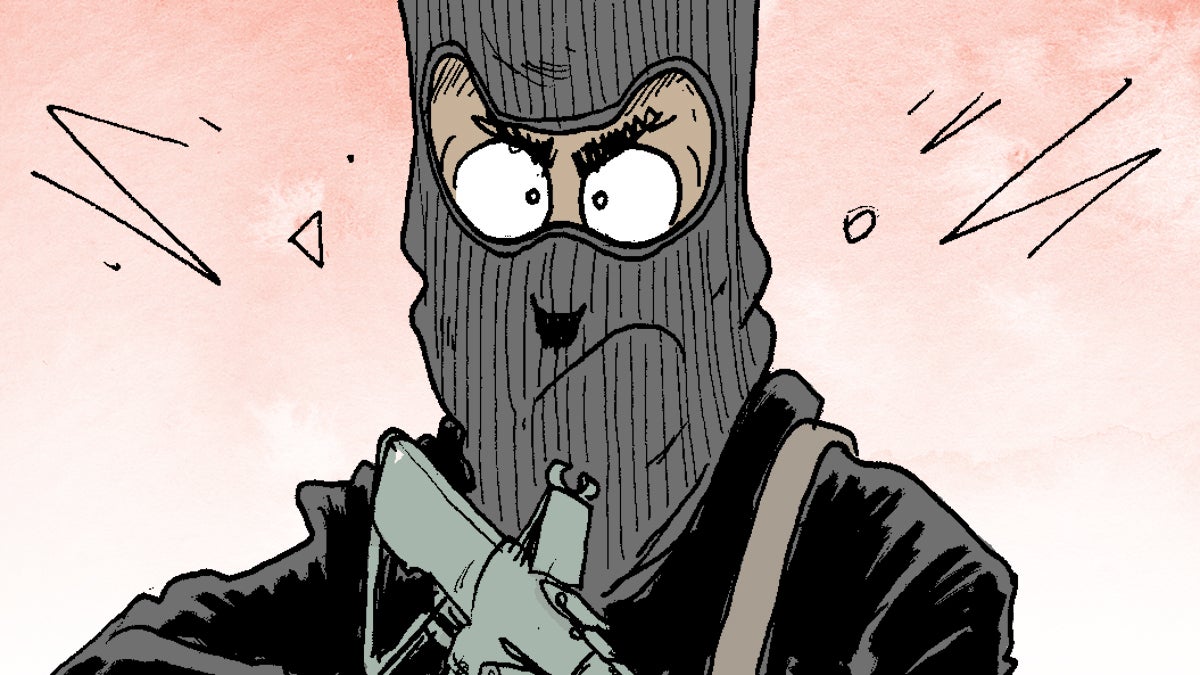
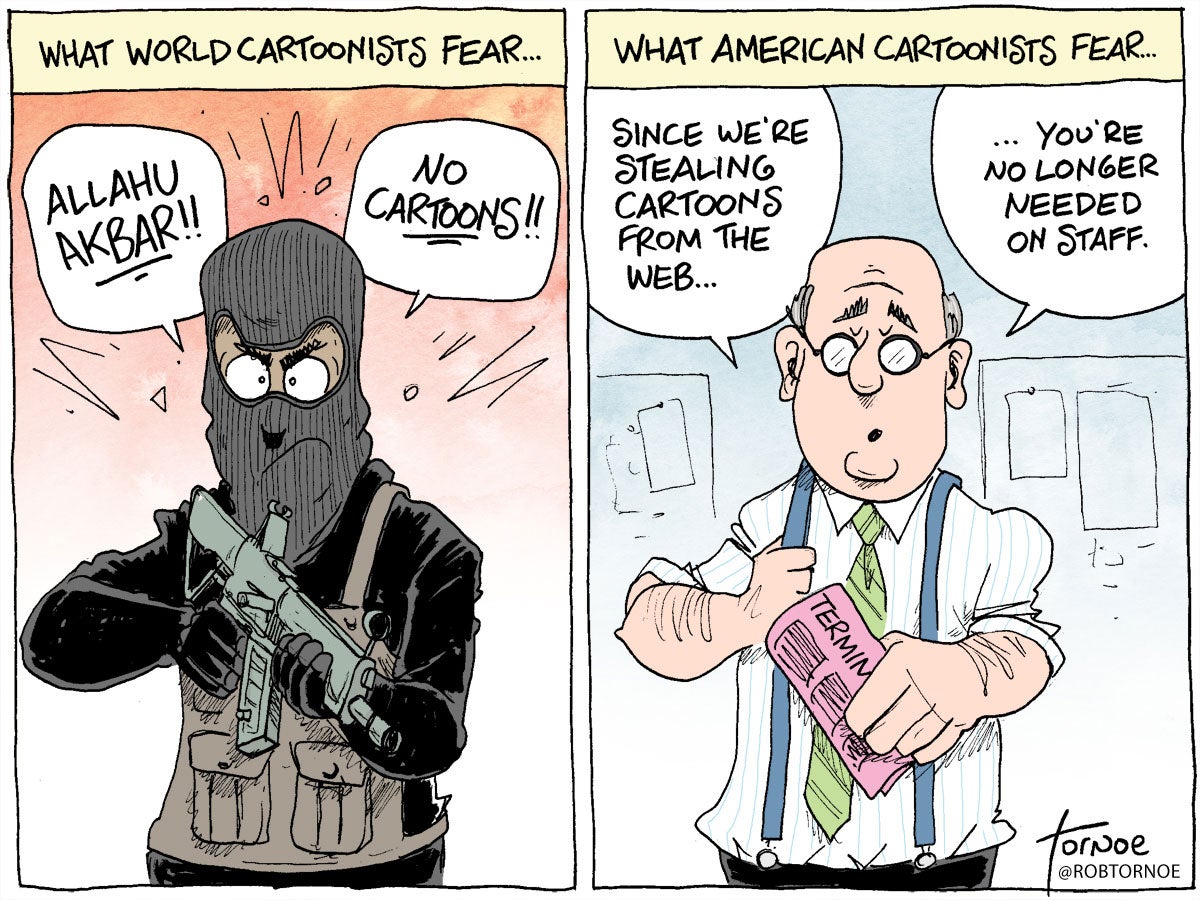
“Je suis Charlie.” In the aftermath of the brutal massacre of French cartoonists and journalists, I saw that phrase everywhere at newspapers and media companies as they glorified the French satirical magazine that was the target of the attack, Charlie Hebdo.
French for “I am Charlie,” the slogan was a way to show support for the free speech and freedom of expression religious extremists don’t think we as cartoonists (or journalists) should enjoy. It’s a no-brainer for media companies, which tout the 1st amendment as their guiding principle, to support the rallying cry that free speech should be supported and protected.
I emphasize the “free” part of free speech, because for many newspapers and magazines, the value they place on cartoons and visual commentary can be summed up with one number: $0
In the wake of the tragedy, I drew a cartoon that went viral on social media. It featured a terrorist faced with the idea that if you kill a cartoonist, 10 more will take his or her place.
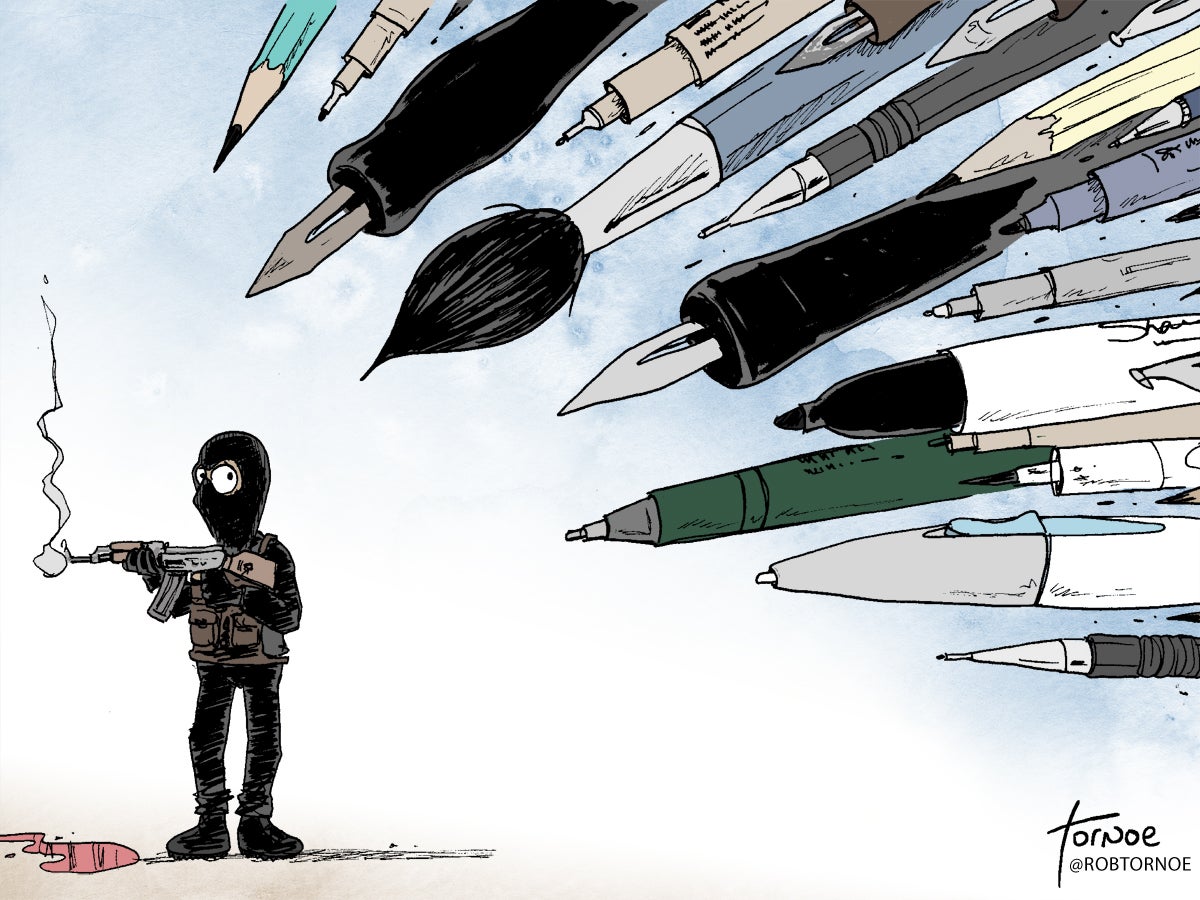
Initially, newspapers and media companies began collecting cartoons about the event in blog posts featuring embedded tweets. I know there were some outlets, like Medium’s The Nib and Fusion’s Graphic Culture, that paid for every cartoon they published, but embedding tweets is an acceptable practice, and one I’m authorizing when I share my cartoon on Twitter. This type of aggregation of my work is fine, because it enables me to continue to control the copyright of my cartoons while simultaneously growing fans and promoting my work. But don’t pretend embedding tweets for free is supporting cartoonists.
Then, I started seeing my cartoon pop up on CNN. And Fox News. And MSNBC. Before you knew it, my cartoons were appearing on news broadcasts in Korea, Australia, Japan and Brazil, just to name a few.
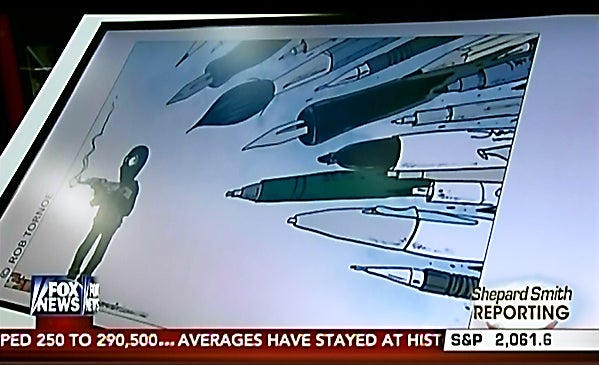
Unfortunately, TV journalists have a low regard for cartoons, and we often consider ourselves lucky if they mention our names on the broadcast, much less ask for permission to run it in the first place (for the record, none did). Not only should they seek permission, they should get cartoonists on television more often. We’re smart, funny, know the issues and offer a lot more honest insight than the talking heads they normally crowd their screens with.
Then, I open up Friday’s edition of the New York Daily News and what do I see? My cartoon, printed in a round-up on page five, without asking permission, paying a royalty or seeking comment. So far, my emails and invoices have been ignored the same as the legal copyright of my work. At least they’re consistent.
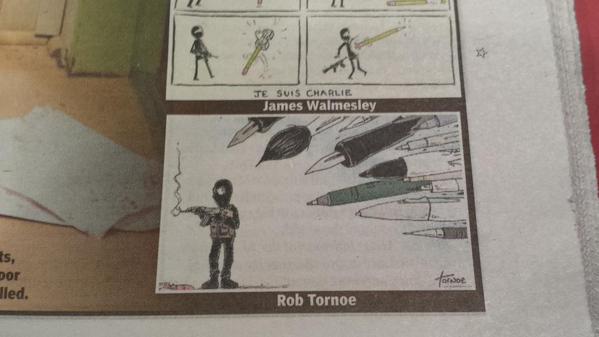
The Daily Beast, not satisfied with embedding my tweet, simply took my cartoon and placed it in a gallery with other cartoons about the attack. It received 25,000 likes on Facebook, so it was popular with readers. Just not popular enough to pay for or seek permission to run.
The Daily Mail, Juxtapoz, The Telegraph – all just took my cartoon and ran it without seeking permission. The Tidewater News actually reprinted an essay I wrote for Newsworks in its entirety, including my cartoon, without asking. We don’t call that exposure, we call that stealing.
So there you have it, brave newspapers and media companies proclaiming their support for a cartoon magazine by exploiting cartoonists. It’s the exact sort-of thing Charlie Hebdo would lambast in their magazine, if cartoons weren’t so well-respected in France. In fact, according to cartoonist Matt Bors, French cartoonists are so busy with paid work in response to the killings, they don’t have time to draw for an American publication.
Fortunately, it’s not a hard problem for editors at major publications to fix. To any editor willing to listen, here’s the secret: Cartoons are popular, so pay people to draw them for you. It’s that simple.
To you other editors who think it’s okay to simply take a cartoonist’s work, my invoices are due by the end of the month.
——
Rob Tornoe is a cartoonist and a WHYY contributor. Follow Rob on Twitter @RobTornoe
WHYY is your source for fact-based, in-depth journalism and information. As a nonprofit organization, we rely on financial support from readers like you. Please give today.




